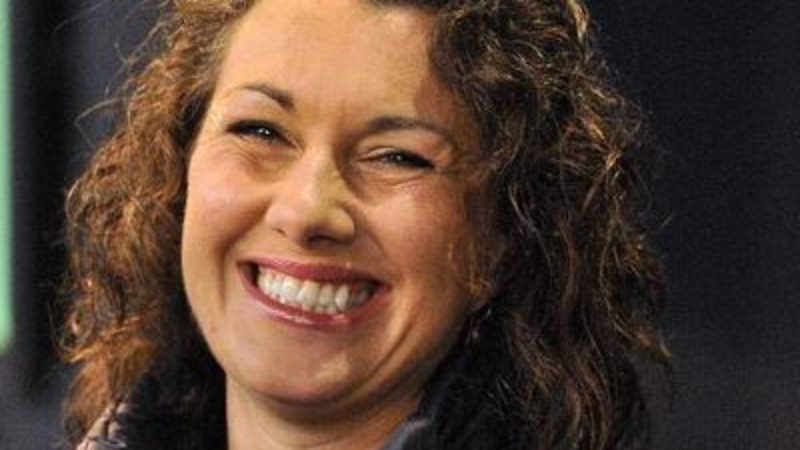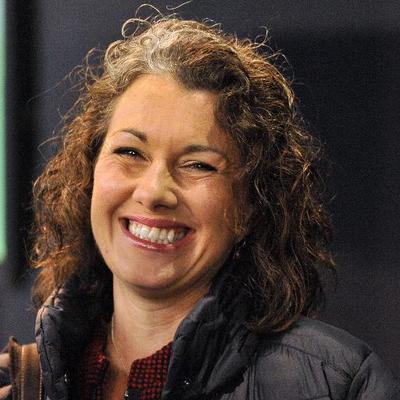

Today is Anti-Slavery Day.
The Home Office estimates that there are approximately 13,000 people in the UK who are slaves. That means 13,000 men, women and children living lives that are not their own. Forced to work, forced to marry, or forced into the sex trade. Many of these people have been trafficked here from other countries or lured by false promises of jobs, education, even loving relationships; others are vulnerable people from this country. All victims have one thing in common – they are no longer treated as humans but are treated as commodities to be used for the benefit, profit and gratification of others.
Traffickers and slave masters use coercion, violence, threats and deception to manipulate and exploit their victims. Victims who are often trying to escape poverty, instability or war. Slavery is frequently run by international criminal gangs operating across borders and using the Internet and modern technology to recruit and exploit.
Worrying new figures from the Salvation Army show the number of victims of modern slavery referred to the government for support have increased by 300 per cent in the last six years. Almost half of these are brought to Britain for sexual exploitation, 39 per cent for labour exploitation and 13 per cent for domestic servitude. People from Albania, Vietnam, Nigeria and Poland were the most commonly referred, with the Salvation Army helping people from 95 different countries in total.
Why are these figures rising? Are more people are being trafficked? Or are we getting better at detecting it? The Salvation Army believe it is both. Whilst the increase in referred victims demonstrates more cases are being detected, the percentage of victims being identified is still very low. Last year, 3,805 victims were referred out of the 13,000 government estimate.
We need to accept that modern slavery is something that is happening in towns and cities across the country. To enable better identification, the government needs to ensure those who work in frontline services, such as job centres, hospitals and local authorities are properly trained and have the resources to spot the signs. The government also needs to promote greater public awareness so that we all can play a part in tackling this heinous crime.
Key to prevention is prosecution and conviction of those that profit from slavery. Whilst figures from the Crown Prosecution Service revealed the number of cases referred for prosecution rose by 10 per cent last year, the number of convictions fell by six per cent. The disparity in prosecutions and convictions is partly due to victims not feeling adequately supported to testify.
As Kevin Hyland, the independent anti-slavery commissioner says: “… if we are continually letting them down, how are we ever going to get prosecutions and the confidence of victims to come forward.”
To address this, instead of just making statements of intent the government needs to deliver a real package of support for victims without delay.
Last month at the UN general assembly meeting, Theresa May pledged to end modern slavery and human trafficking across the world by 2030. This is a bold pledge but one I fully support. However, for it to be achievable, we need strong international partnerships and robust internationally agreed legislation.
As our relationship with the EU unravels, and the government is unable to offer assurances that existing legislation will remain beyond the potential transition period, what hope can we realistically offer those victims relying on us to end this barbaric trade?
If ever there was a crime to sharply focus the need for international collaboration, clearly, once again, a commitment for the abolition of slavery is it.
Sarah Champion is Labour MP for Rotherham.




More from LabourList
Government announce SEND reform in schools white paper
SPONSORED: ‘Industrial hemp and the challenge of turning Labour’s priorities into practice’
‘A day is a long time in politics, so we need ‘action this day’’